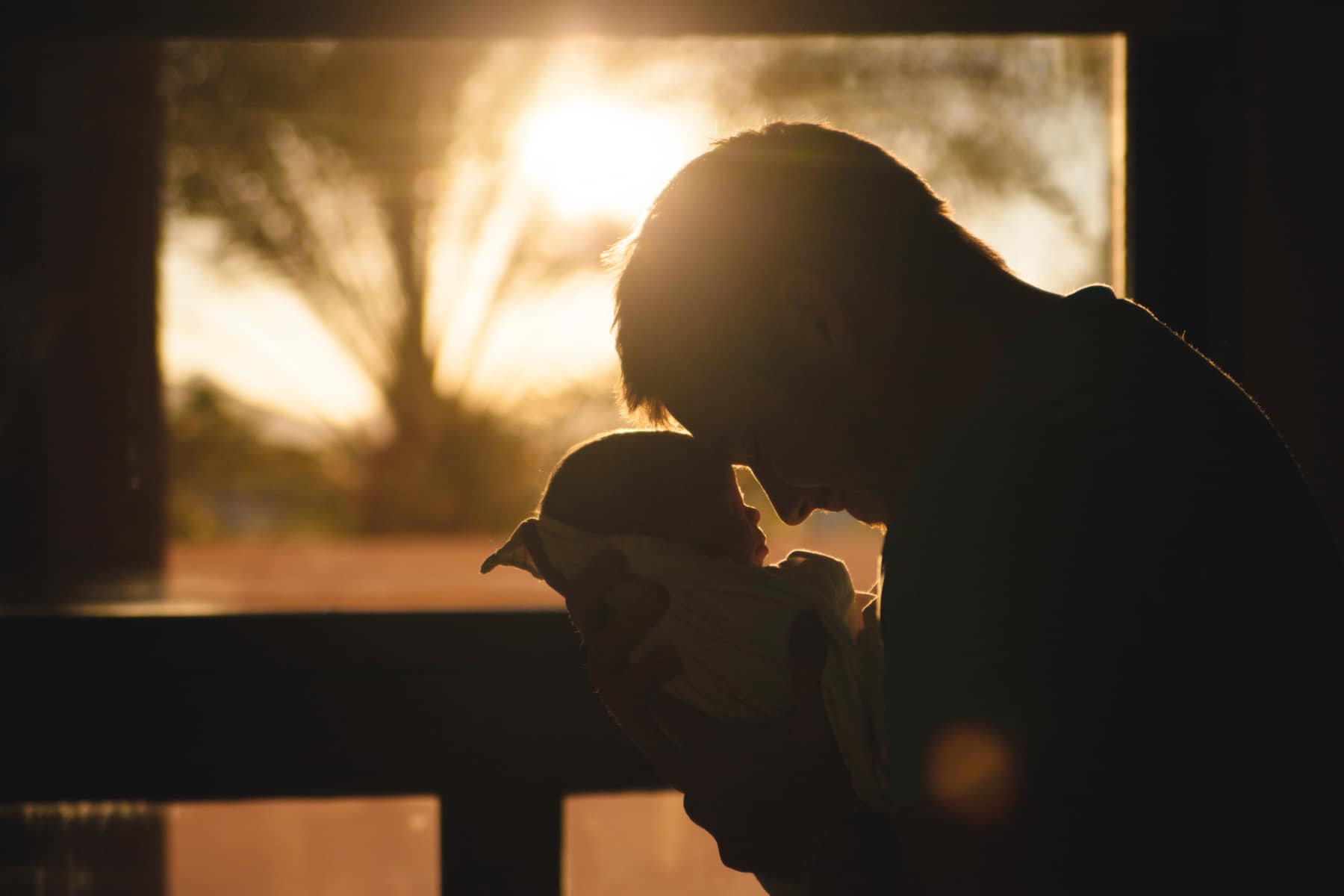3 Behaviors That Contribute to Avoidant Attachment Injury
Those of us who are Avoidantly Attached tend to avoid emotional challenges by avoiding them – either checking out mentally or even walking away. If you or someone you love lives with Avoidant Adaptation, you might be wondering where and how this developed. Avoidantly Attached individuals often did not have their needs met as children, either [...]











